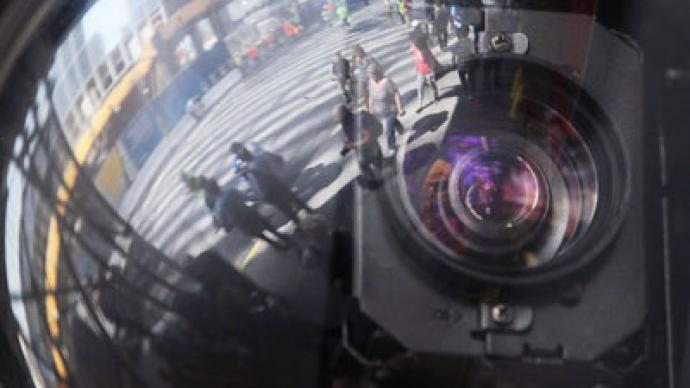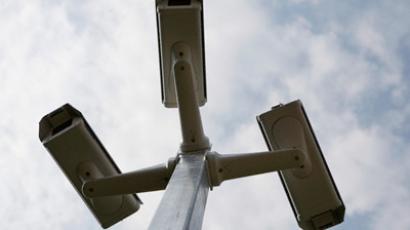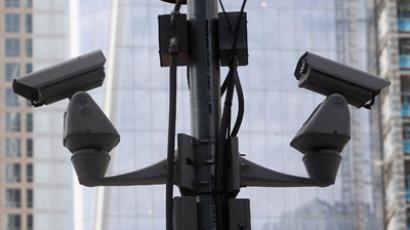Iowa implementing face recognition program to track sex offenders

The Iowa Department of Public Safety has secured $110,000 in federal funds that will be used to implement a state-wide face recognition program that will start with tracking convicted sex criminals.
Terry Cowman, the special agent in charge of the Iowa sex offender registry program, tells the Globe Gazette newspaper that the DPS is around one-third of the way to having enough money to make science fiction a reality in the Midwestern state. His fingers are crossed that an additional grant will be awarded in 2013 that will provide another $180,000, at which point the agency can start digitizing around 10,000 images to be used in an expansive and expensive surveillance program based off of biometric analysis.When all of the images are scanned in and the state is done training its staff, the Gazette’s says Cowman and his crew will be able to comb through security camera images and even Facebook photos in order to pick out people from a crowd and cross-reference them with a list of over 5,600 registered sex offenders using only their personally identifiable facial features, or biometrics.“Biometrics is really coming up to play a big part in law enforcement and investigations and things like that,” Cowman adds to reporter Mike Wiser. “What’s interesting about facial rec is it is kind of the future of where we’re at.”Iowa isn’t the first location to look towards biometrics, but it will be a big step in the grand scheme of implementing intensive face recognition programs elsewhere if it indeed gets off the ground. The state isn’t likely to see much opposition when it comes to cracking down on criminals that prey on innocent children, but investigators may soon find themselves on a slippery slope once anyone is under the government’s microscope.“You always start with sex offenders because nobody is going to stick up for sex offenders,” State Rep. Chip Baltimore (R-Boone) tells the Gazette. “The question is where it goes from there.”In San Diego County, California, the cops are already acting in a fashion where that question has come up. As RT reported last month, an unnamed law enforcement agency in Southern California has been testing a biometric program that relies on hand-held devices that can take an image on the spot and then send it to be matched against a massive database brimming with person-specific biometric data. The company manufacturing the gadgets, FaceFirst, says a single image is matched against “up to 4 million comparisons per second.”This July, US Sen. Al Franken (D-Minnesota) urged Congress to work towards implementing privacy safeguards to keep biometric technology from being abused as it advances at a rate where soon anyone can be easily tracked by public or private organizations."Facial recognition technology is in broad use today by both the government and the private sector; it's not some remote future technology," said Sen. Franken. “I fear that without further protections, this technology could be used on unsuspecting civilians innocent of any crime, or could be used to instantly identify someone walking down the street.”In Iowa, the Gazette acknowledges that the department isn’t sure what the next step will be. “We could not say this couldn’t be moved to mugshots or other information databases because that could only enhance the tool for detectives,” Cowman tells the paper.“This software would not be used for general use or civil priorities but only to give detectives an additional tool to use to further investigations,” the agent adds. “The information gleaned from a template match could be used for further leads in many types of criminal cases.”














